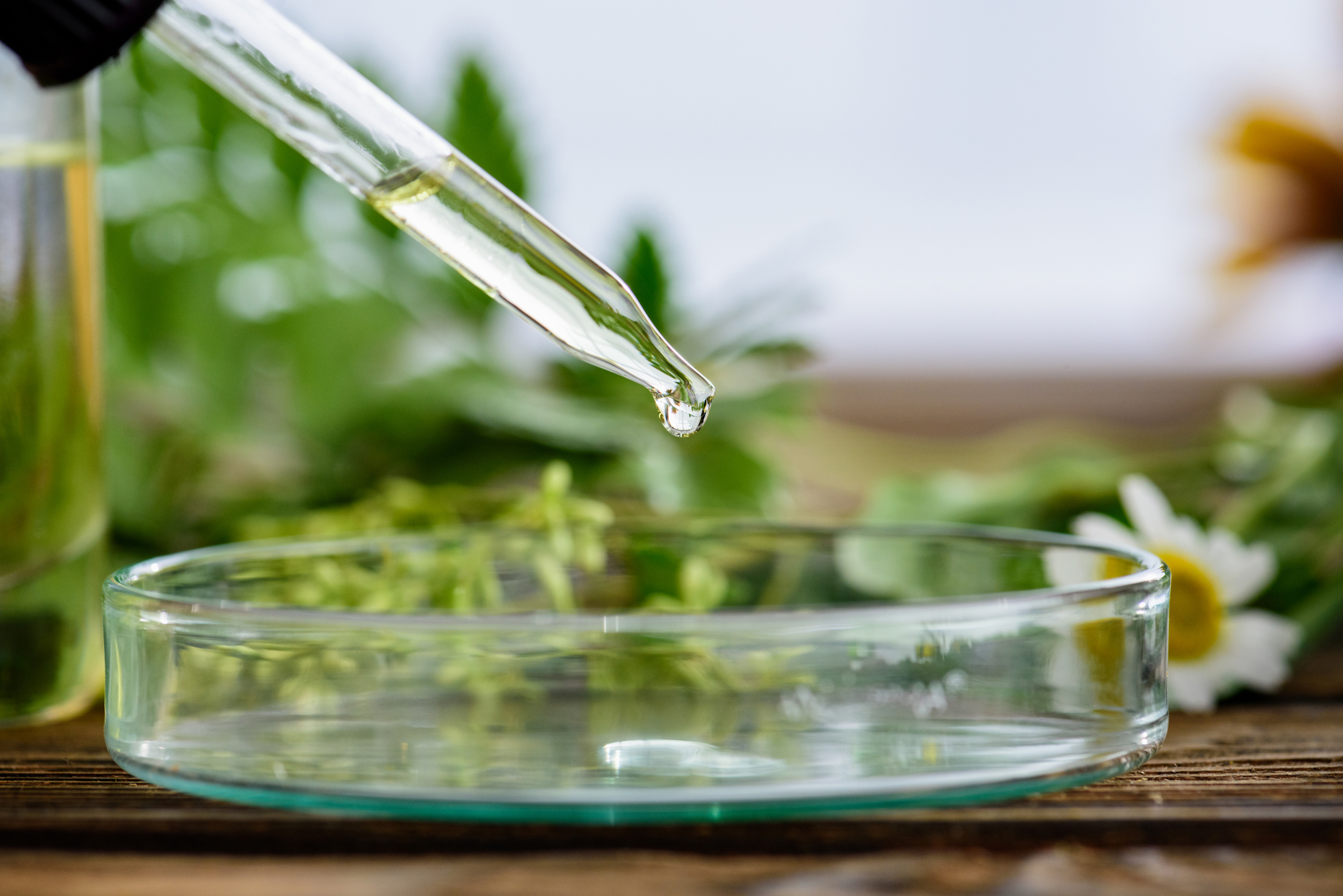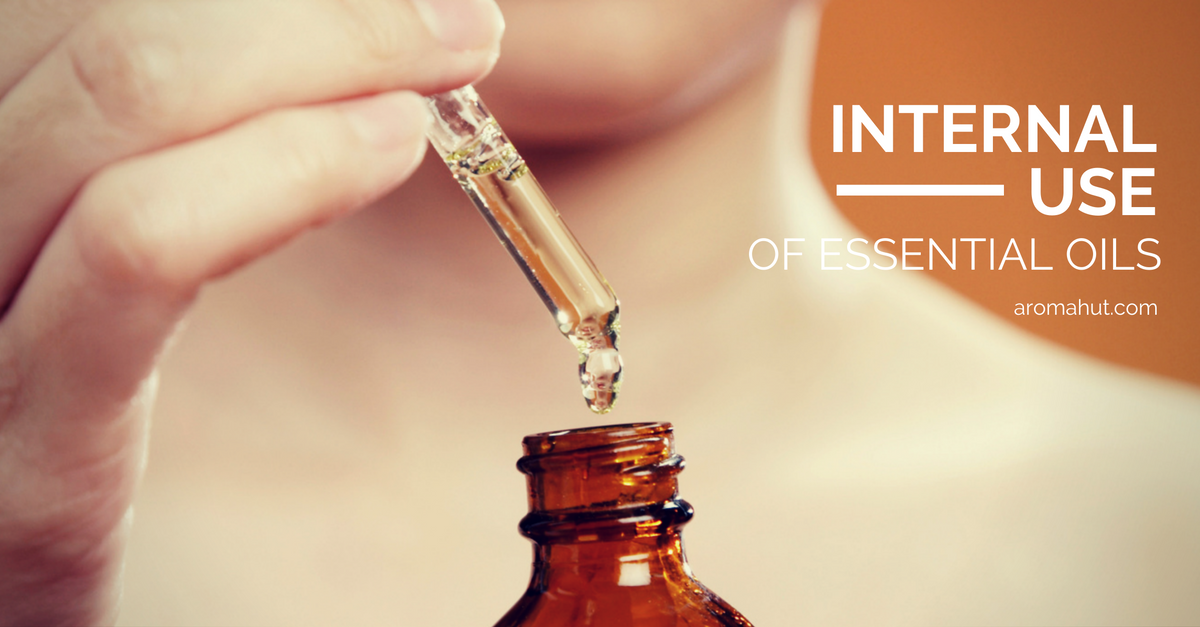Internal Use of Essential Oils
 While this course is designed for beginners and covers the usage of essential oils via inhalation and topical application, it is necessary to briefly address the use of essential oils internally, as this has become a widely popular yet controversial practice. By internal use, this includes vaginal, rectal, and oral ingestion.
While this course is designed for beginners and covers the usage of essential oils via inhalation and topical application, it is necessary to briefly address the use of essential oils internally, as this has become a widely popular yet controversial practice. By internal use, this includes vaginal, rectal, and oral ingestion.
Most professional organizations in the Aromatherapy industry agree the internal use of essential oils is not recommended unless under the care of a health care practitioner who is qualified and trained at a clinical level. The National Association of Holistic Aromatherapy (http://NAHA.org) guidelines regarding safety states:
NAHA – Internal Use
Do not take essential oils internally without appropriate advanced aromatherapy education and understanding of the safety issues involved in doing so. To learn more, we recommend you receive education from a NAHA approved school. Please visit here to explore schools. Many individuals throughout the United States and the world are utilizing essential oils internally. Most are doing so without appropriate knowledge or understanding of how, when, how much, what essential oils, for what purpose, safety concerns, etc. Whilst NAHA does not support the uneducated use of essential oils internally, we are dedicated to providing education in this area so that internal use is better understood and if done, is performed safely and effectively.
These sentiments are echoed throughout the aromatherapy professional industry. The Alliance of International Aromatherapists on their website (http://www.alliance-aromatherapists.org/) states:
Alliance of International Aromatherapists – Internal Use
“AIA does not endorse internal therapeutic use (oral, vaginal or rectal) of essential oils unless recommended by a health care practitioner trained at an appropriate clinical level. An appropriate level of training must include chemistry, anatomy, diagnostics, physiology, formulation guidelines and safety issues regarding each specific internal route (oral, vaginal or rectal).”
Robert Tisserand, Essential Oil Safety 2nd Edition
Robert Tisserand’s states in his book, Essential Oil Safety, on page 50 regarding internal use this:
“With oral administration there is a greater risk of overdose, of gastric irritation, and of interactions with medications. Therefore only practitioners who are qualified to diagnose, trained to weigh risks against benefits, and have a knowledge of essential oil pharmacology should prescribe essential oils for oral administration.”
International Federation of Aromatherapists
The International Federation of Aromatherapists states that essential oils are not intended for direct oral consumption. Use link to read brief statement on Essential Oil Safety. ifaroma.org/files/7313/9566/9419/Brief_Essential_Oil_Safety.pdf
Aromatherapy Trade Council
Safety First is what the Aromatherapy Trade Council suggests. Their recommendation is:
“Never take essential oils internally, unless under the guidance of a qualified aromatherapist who has received the necessary training in this very specialised mode of administration. Most aromatherapists have not had this training, so be sure to check this out first.”
a-t-c.org.uk/safety-matters/essential-oil-safety/
You will no doubt see numerous articles and blogs regarding the benefits of taking essential oils internally, but you should absolutely never attempt this or suggest to someone else to do this without expert guidance.


